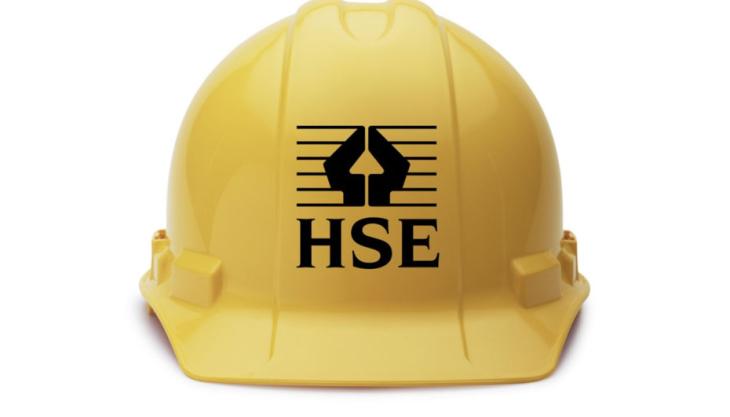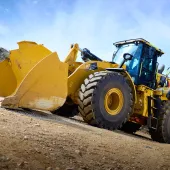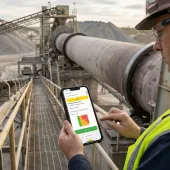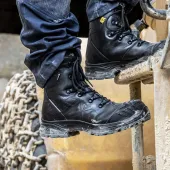HSE refreshes workplace silica guidance

Guidance refreshed to help brick, tile, stone, and foundry workers reduce the risk of workplace silicosis
PROLONGED exposure to airborne particles of respirable crystalline silica (RCS) can lead to life-changing respiratory conditions such as silicosis and chronic obstructive pulmonary disease, warns Britain’s workplace regulator.
As part of the Health and Safety Executive’s role as an enabling regulator, it has recently refreshed its silica guidance for brick and tile manufacturing, stonework, and foundries ahead of manufacturing sector-focused inspections this autumn/winter.
Starting in October 2022, HSE inspectors will begin a targeted inspection initiative focusing on manufacturing business where materials that contain silica are used, to ensure they have control measures in place to protect workers’ respiratory health. This will include brick and tile manufacturers, stone-working sites, and foundries.
Employers have a legal duty to put in place suitable arrangements to manage health and safety and ensure they comply with the Control of Substances Hazardous to Health Regulations 2002 (COSHH).
Inspectors will be looking for evidence that businesses have put in place effective measures, such as local exhaust ventilation (LEV), water suppression, and, where appropriate, use of protective equipment such as respiratory protective equipment (RPE), to reduce workers’ exposure to RCS. If any health and safety breaches are discovered, HSE will take enforcement action to make sure workers’ health is protected.
The HSE’s head of manufacturing, David Butter, said: ‘It’s hugely important for manufacturing businesses where workers use materials that contain silica to act now to ensure they comply with the law and protect their workers from the risks of devastating lung disease.
‘Businesses should take note that that good ventilation in the workplace and protective equipment are just some of the measures they need in place to protect the respiratory health of workers.
‘Ahead of our autumn/winter inspection campaign, we want employers and workers to make sure they are aware of the risks associated with the activities they do, eg brick and tile manufacturers, stoneworkers, and foundry workers who cut and shape bricks, tiles, and stone that can create RCS dust that could be inhaled.
‘To assist them, we have refreshed our guidance and have committed to providing duty-holders with regular updates, information, and advice through our e-bulletin.’
Sign up here for regular updates on the silica campaign or follow the campaign on Twitter at @H_S_E or on Facebook @hsegovuk









